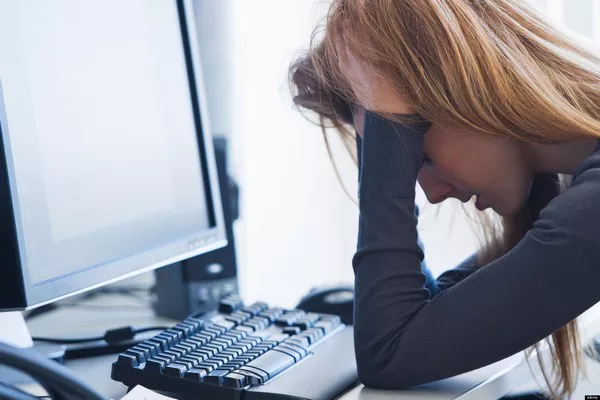As Concordia University ushers in a new academic year, students are grappling with heightened academic pressures and the challenge of accessing adequate mental health support. With the return of the semester, the need for effective mental health resources is becoming increasingly apparent.
Charlotte Saulnier, a Fine Arts student at Concordia, shared her concerns about the intense competition and its impact on her mental health and academic performance. “We want to stand out, to be exceptional, and this pressure affects our work,” she said.
Saulnier has turned to private therapy sessions outside the university, funded by her parents. However, the cost remains a significant obstacle. “I’ve tried various therapists, paying $200 per session just to see if it’s a good fit. The expenses add up quickly, and it’s incredibly frustrating,” she added.
In Quebec, the mental health challenges faced by individuals aged 6 to 25 have escalated, with rising hospitalizations linked to conditions such as anxiety and eating disorders since the pandemic. According to a report by the Institut national d’excellence en santé et en services sociaux, young adults in Montreal can face wait times of up to 102 days to access specialized mental health services, as reported by Le Journal de Québec in 2023.
Guylaine Bellerose, an art therapist with The Association of Art Therapists in Quebec (AATQ), noted that long waiting lists are a persistent issue for those seeking mental health support. “If people want to access a service, the waiting lists seem endless,” Bellerose said.
Faced with these challenges, many students are turning to alternative methods of managing their mental health. Saulnier, for instance, has found solace in art as a form of self-therapy, which helps her cope with stress without the financial burden of traditional therapy. “I began drawing to express feelings I couldn’t verbalize. It became a natural way to manage my stress,” she explained.
While traditional therapy and counseling remain crucial, there is growing interest in alternative mental health support methods. Art therapy, in particular, offers a different approach to emotional expression and relief. According to Bellerose, art therapy is accessible and beneficial for people of all ages, including children, adults, seniors, trauma survivors, and those on a journey of self-discovery.
“Art therapy provides a space for learning self-improvement techniques and reconnecting with one’s creativity,” Bellerose said. “In a rational world where the mind often takes precedence, art therapy offers a unique way to explore and enhance one’s mental well-being.”
As Concordia students continue to navigate their mental health challenges, the search for accessible and effective support remains a critical issue, highlighting the need for more inclusive and diverse mental health resources.
Related topics:




























